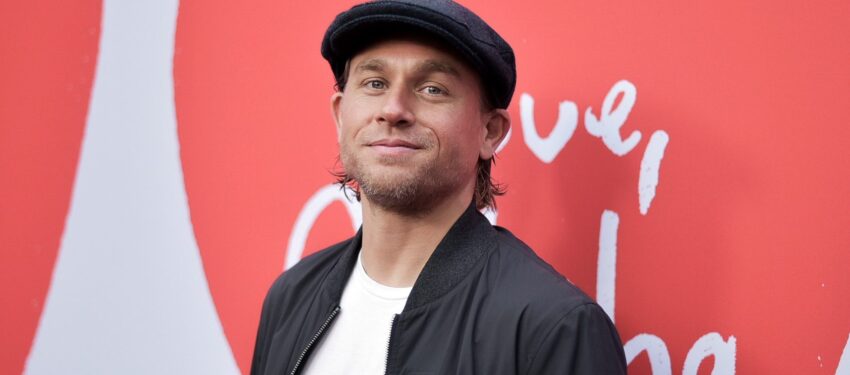Yahoo.com — We now have an official release date for Charlie Hunnam’s latest film project, The Gentlemen. The former “Sons Of Anarchy” star will first be seen in The Gentlemen on Jan. 24, 2020.
‘The Gentleman’ a Good Fit For Hunnam
Hunnam says the script for Ritchie’s The Gentlemen is right up his alley:
“When I read the script, it’s sort of vintage Guy Ritchie. I grew up on Snatch and (the movie Lock, Stock, and Two Smoking Barrels), so when he sent me this script and invited me to be a part of it, I just jumped at the chance.”
Movie About the ‘California Marijuana Business’
It sounds like Hunnam has been contributing to the film in some way, meeting with director Guy Ritchie about the “California marijuana business.”
Hunnam spoke with “Entertainment Weekly” about his synergy with Ritchie:
“There’s some sort of weird alchemy to his filmmaking where he’s deeply collaborative and allows everybody to imbue the project with their own philosophy and world views, and yet it goes through the Guy Ritchie filter and unquestionably the result is Guy Ritchie sensibility.”
International Intrigue?
The description tagged for The Gentlemen sounds very cosmopolitan:
“A very British drug lord tries to sell off his highly profitable empire to a dynasty of Oklahoma billionaires.”
























